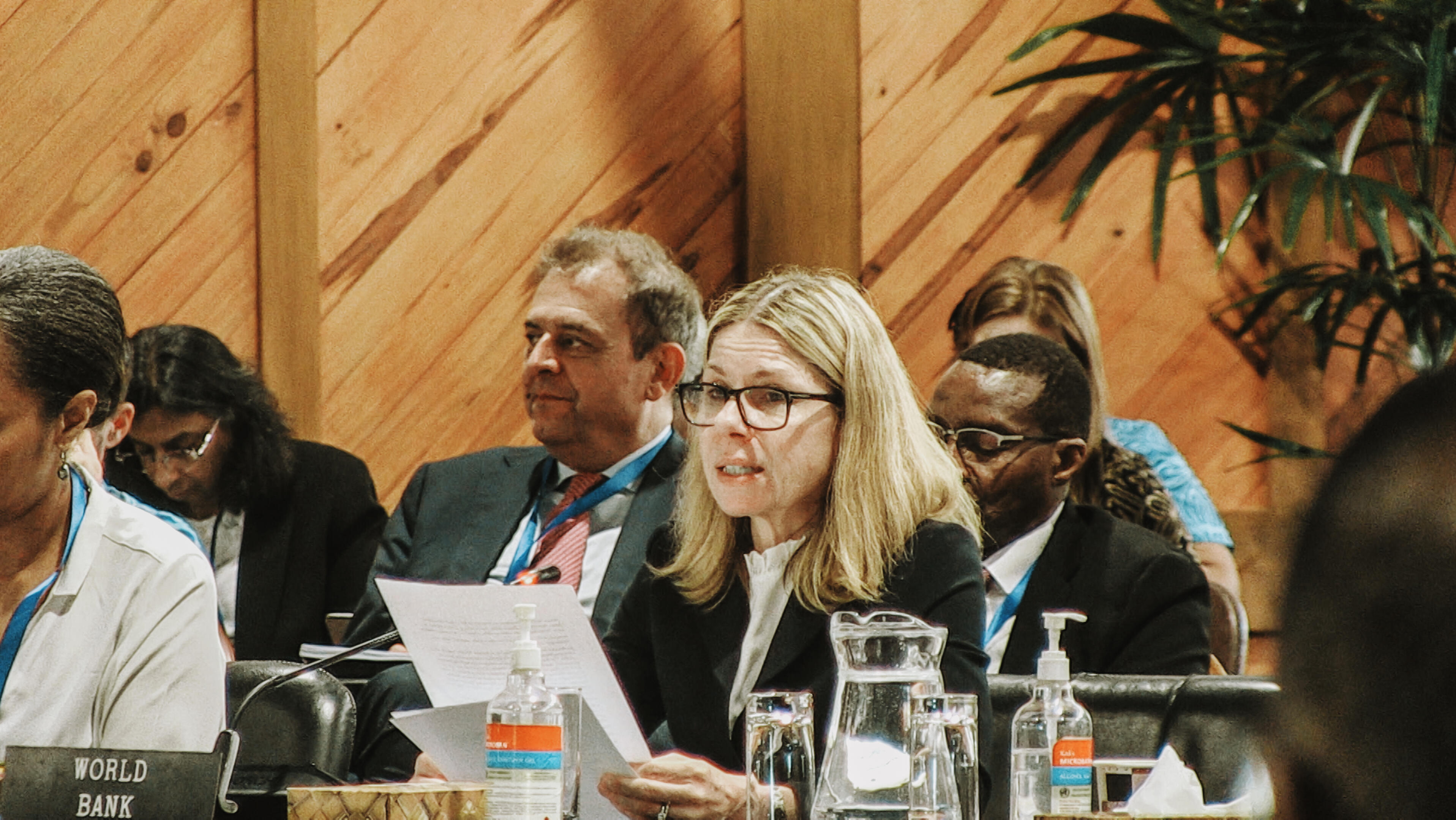The World Bank has emphasised its commitment to supporting economic resilience and development in the Pacific region, following a visit from the bank’s officials.
Its managing director of operations Anna Bjerde visited Fiji, Papua New Guinea, and Australia. The World Bank also agreed in July to strengthen its procurement requirements to mandate that at least 30% of labour on international civil works contracts is local.
“The World Bank Group is proud to support the people of the Pacific with solutions that address development challenges in the region, with jobs at the centre — giving young people the chance to shape their own future,” said Bjerde.
Bjerde attended the Pacific Islands Forum Economic Ministers Meeting in Fiji, where the World Bank said she stressed the importance of smaller Pacific island nations’ connections to international financial institutions. The World Bank’s Correspondent Banking Relationships Project, which launched last year, allows eight Pacific nations to offer services in foreign currencies across borders.
“How can Pacific countries maintain their economic links? We recommend removing barriers to trade and investment, especially in services, since many of your countries have large, tradable service sectors,” said Bjerde in Fiji.
In Australia, Bjerde discussed Australia’s support of other Pacific nations and the World Bank’s International Development Association with government officials. This International Development Association initiative assists low-income countries through grants and low-interest loans.
Under the World Bank’s new procurement requirements, international companies bidding for civil works contracts must ensure 30% of the project’s labour cost is local, in a bid to encourage domestic job creation. These changes enter into effect on 1 September.
Economic growth is slowing in the Pacific, according to the World Bank’s June report. It estimates regional growth will decline to 2.6% in 2025 from 5.5% in 2023, “as post-COVID recovery fades, tourism weakens in some countries, and global policy uncertainty rises.”


